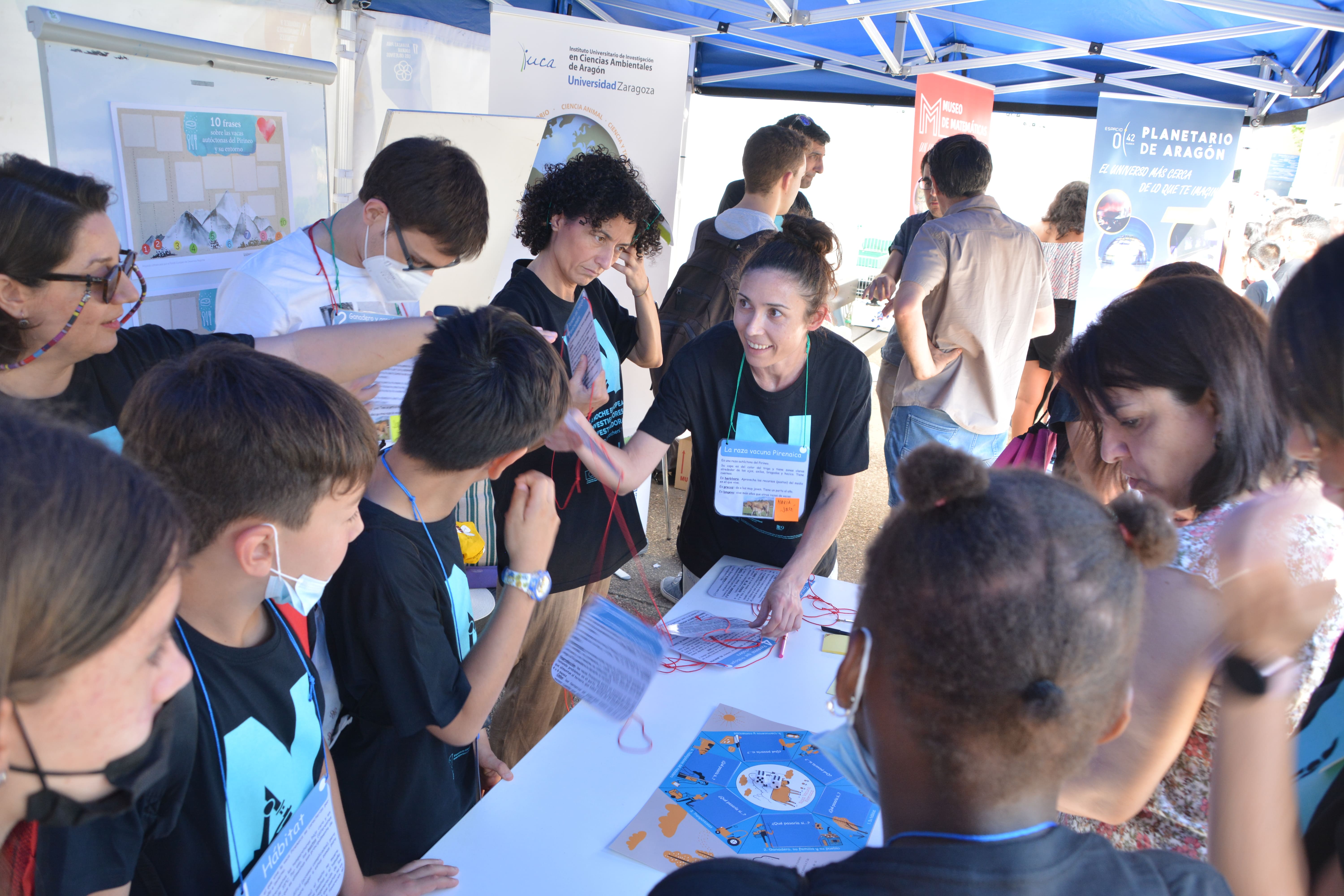Presentation
The members of the Geomorphology Group of the Department of Earth Sciences who are involved in the present group focus much of their research on the analysis of geological hazards (sinkholes, landslides, piping, soil erosion, active faults and active salt structures).
Particularly noteworthy is the work on sinkholes, the group being the most frequently cited internationally.
Other lines of investigation include the production of geomorphological maps and geomorphological studies on Mars, as well as studies of soil degradation and erosion. These investigations are carried out in a wide range of regions, including countries such as the USA, Italy, Israel, Saudi Arabia and Iran.
Members of the group have written books with a broad international reach and are active in international scientific bodies (vice-presidency of the International Association of Geomorphologists), national bodies (vice-presidency of the Spanish Society of Geomorphology), and on the editorial committees of relevant journals (Geomorphology, Environmental Earth Sciences)- They provide consultancy services to both national and international institutions and companies (International Court of Justice, Iranian Ministry of Industry, Spanish Nuclear Security Council, ENRESA).
Members of the group belonging to the Department of Geography focus their research on the reconstruction of the climate of both the pre-instrumental and instrumental periods, including the recovery of climate data, the development of databases, the analysis of temperature trends and Its members are authors of the monthly precipitation and temperature (maximum and minimum) databases for the Spanish mainland, period 1916-2020, called MOPREDAS_century and MOTEDAS_century, respectively (Monthy precipitation Database of Spain and Monthly Temperature Database of Spain)”
Lines of investigation
- General and applied geomorphological mapping
- Geological hazards (sinkholes, landslides, active tectonic and gravitational faults, soil erosion, piping)
- Problems in dams associated with the presence of soluble formations (filtrations, salinization, instability)
- Deformation processes associated with saline structures
- Geomorphology and palaeohydrology on Mars
- Palaeoenvironmental studies based on geomorphological records
Projects undertaken
2011-2014: Development of methodologies for assessing the danger and risk of sinkholes in evaporite terrains. Spanish Ministry of Education and Science; CGL2010-16775 (CI: F. Gutiérrez).
2012-2013: Application of the trenching technique in combination with geophysical methods and radar interferometry to sinkhole hazard analysis (Ebro Valley and Natural Reserve of the Galachos de La Alfranca). Government of Aragon-La Caixa; 2012/GA-LC-021. (CI: F. Gutiérrez).
2014-2016: Techniques for the characterization and prediction of sinkholes: trenching, GPR, ERI, InSAR, LiDAR, geometrical levelling and predictive models. Spanish Ministry of Economy and Competitiveness; CGL2013-40867-P (CI: F. Gutiérrez).
2016-2019: SSHAC Level 3 Probabilistic Seismic Hazard Analysis for Nuclear Power Plant Sites in Spain. IBERDROLA. (CI: Kevin Coppersmith).
2017-2018: The particular features of the Tertiary clays of the Hoya de Huesca and Somontano in the evolution of the landscape: processes of meteorization and erosion. IEA; 126/2017 (CI: Gloria Desir).
2017-2018: Seismic hazard of gravitational faults due to the dissolution, rise and migration of salt. Ibercaja call for projects in research, development and innovation for young investigators. Code 221-409 (CI: Jesús Guerrero).
2018-2020: The transition from aggradation to degradation in Iberian Cenozoic Basins: chronostratigraphic framework. Spanish Ministry of Science, Innovation and Universities; CGL2017-89603-R (CI: Josep M. Parés Casanova).
2018-2019: Hydrogeology and hydrochemistry of the hypersaline springs of the Sierra de Gratal, Pyrenean foothills of Huesca. Institute of Aragonese Highland Studies (CI: Jesús Guerrero).
2018-2021: Development of methodologies for the mapping, characterization, monitoring and prediction of sinkholes in epigenic and hypogenic karst systems. Spanish Ministry of Economy, Industry and Competitiveness; CGL2017-85045-P (CI: F. Gutiérrez).
Infrastructure
- Geophysical equipment (georadar with various antennas), digital level, drone (Phantom IV)
- Geomorphology laboratory
- Database for sinkholes (Ebro Valley) and landslides (Pyrenees)
Technological Offer/Services
Investigations relating to the analysis of geological hazards for preventive ends (spatial planning) and corrective ends (design of mitigating measures).
Noticias del Grupo

Participation of the IUCA in activities of the Green Week Unizar
(Zaragoza, Wednesday, June 8, 2022). The Huesca and Teruel campuses and the San Francisco campus in Zaragoza joined the “Green Week” last Friday, June 3, as a prelude to the European Night of Researchers, which will be held on the last Friday of September. And they did it with workshops, scientific-healthy breakfasts, gymkhanas, sustainable mobility […].
| DGA GROUP REFERENCE: | E02_17R |
| YEAR OF CREATION: | 2018 |
| NUMBER OF THESES SUPERVISED (2023): | 0 |
| NUMBER OF PUBLICATIONS (2023): | 26 |
Chief Investigator:
Blas Valero (Pyrenean Institute of Ecology-CSIC)
Francisco Gutiérrez (chief investigator of the members of the group belonging to UNIZAR)


